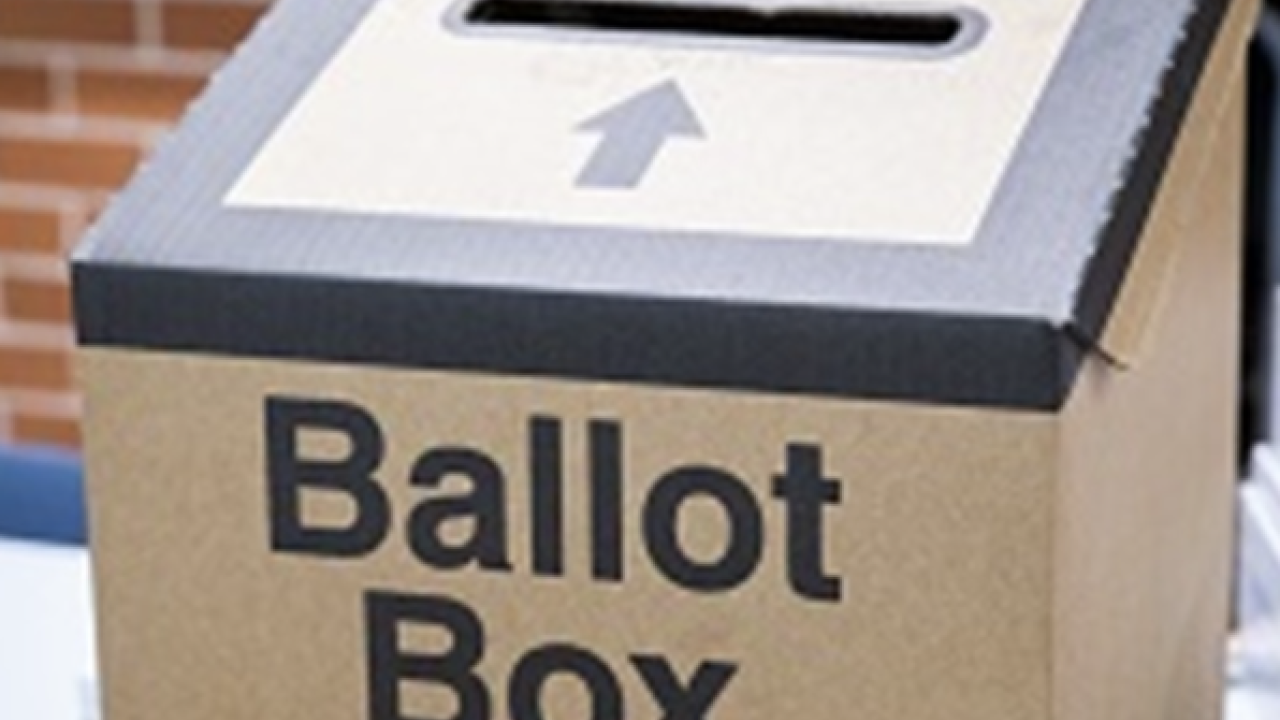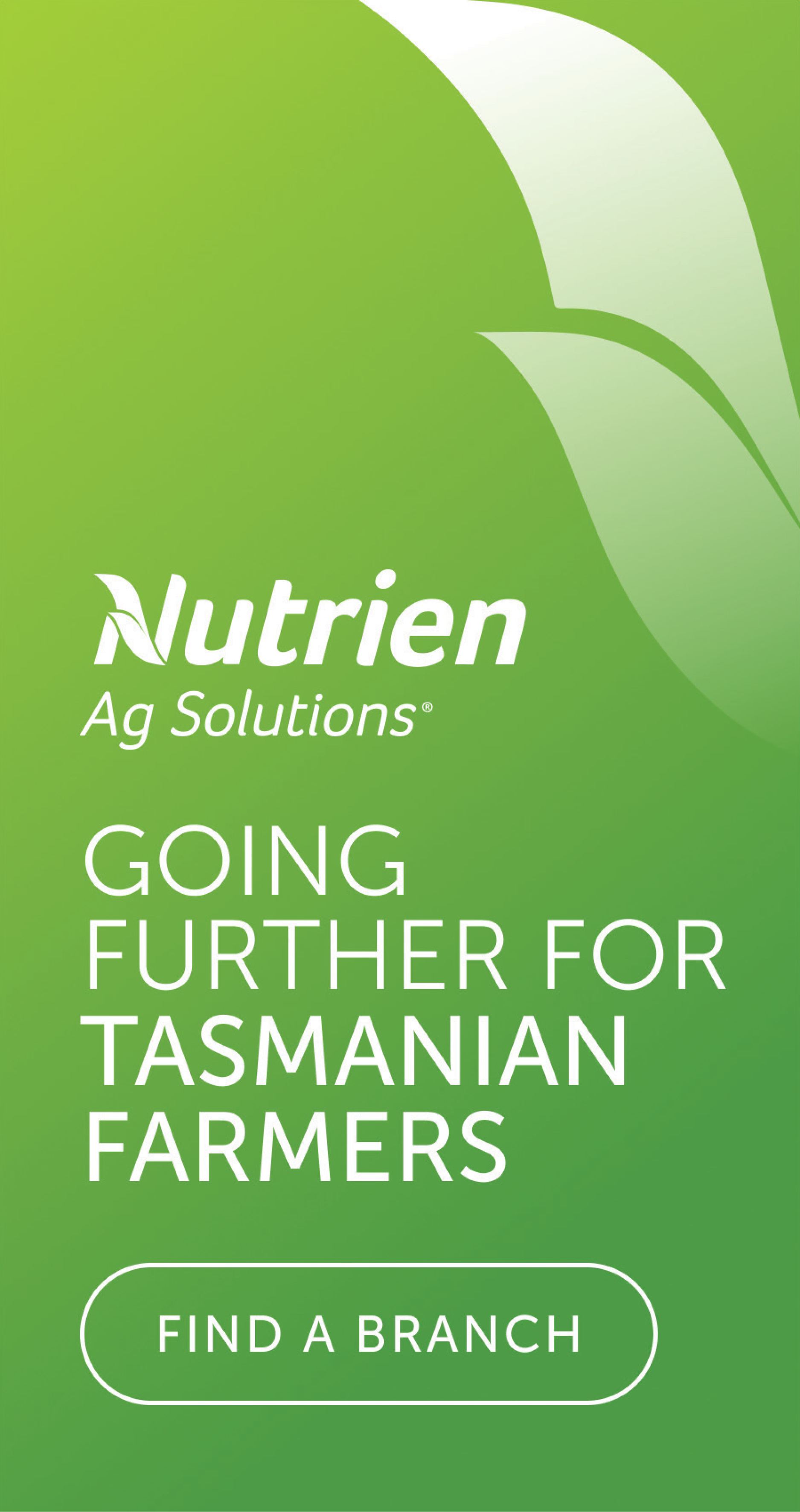TasFarmers Matter - Farm business confidence suffers as election looms

THE ongoing cycle of political instability and repeat elections is slowly eroding confidence across the state’s business sector, including among primary producers.
Tasmania’s political leaders are clearly distracted with the unfortunate result that long-term strategic thinking has been marginalised, while the work of industry and business is increasingly under strain.
Newly released retail figures from the National Australia Bank showed a slight improvement in May; however, broader business conditions continue to weaken.
Even the Reserve Bank is keeping its powder dry in light of the uncertainty surrounding global trade negotiations with the US.
To move forward, the state will need absolute certainty, politically and economically.
Agriculture has always been a foundation stone of Tasmania’s economy.
With ongoing concerns about the long-term viability of the state’s major industrials, it is essential that the next government recognises the fundamental importance of agriculture and supports its growth through sound policy initiatives.
With pre-poll voting underway, we have shared our policy platform with all the major and minor parties, and received responses from many candidates, including David O’Byrne, Craig Garland, and the Shooters, Fishers and Farmers Party, all who took time to engage with the work and were generally supportive.
The Shooters, Fishers and Farmers Parties’ response demonstrated a strong commitment to local government rate reform, the growth of irrigation schemes and the mandatory adoption of the TasFarmers Farm Access Code by GBE’s and SOC’s.
They also demonstrated strategic focus on addressing workforce needs and improved environmental outcomes. We have also met with the National Party representatives, but they have yet to give a formal response.
When we compared the two major parties, there were two or three key differences between them.
Each of our 12 key policy areas was scored out of five, giving a total possible score of 60.
The Liberal Party scored 31.5, while Labor received 35.
While Labor’s response has a slight edge over the Liberals, both parties barely achieve a pass mark. That should be a concern.
These results don’t inspire confidence that either side truly sees agriculture as the strategic pillar for Tasmania’s future.
Labor, coming out slightly ahead of the Liberals, has committed to funding to develop a Bass Strait Islands shipping strategy.
This is a clear recognition of the importance of supply chain resilience, and policy which will create confidence for these islands’ primary producers.
Labor has also pledged $500,000 toward agricultural education and career coaching and remains committed to supporting the Drought Resilience Coordinator roles for the next three years.
Together, these commitments demonstrate to producers that the party has a plan to help bolster the future workforce needs of producers and ensure producers are supported when farming in a changing climate.
However, what was not evident from the major parties responses was a strategy for delivering local government rate reform, a plan for addressing environmental issues tied to wildlife and deer management and the urgent need to benchmark our on-farm data to unlock access to international markets.
At this point in the lead-up to polling day, it appears Labor has put more on the table for primary producers.
However, with a week still to go, there are opportunities for all parties to address the shortcomings in their policy commitments and give primary producers confidence that their needs are front of mind for all political parties.
Agriculture will continue to be a growing source of employment and trade for the state’s economy, but our sector deserves more than general support, it needs clear, committed, and targeted action.




Add new comment